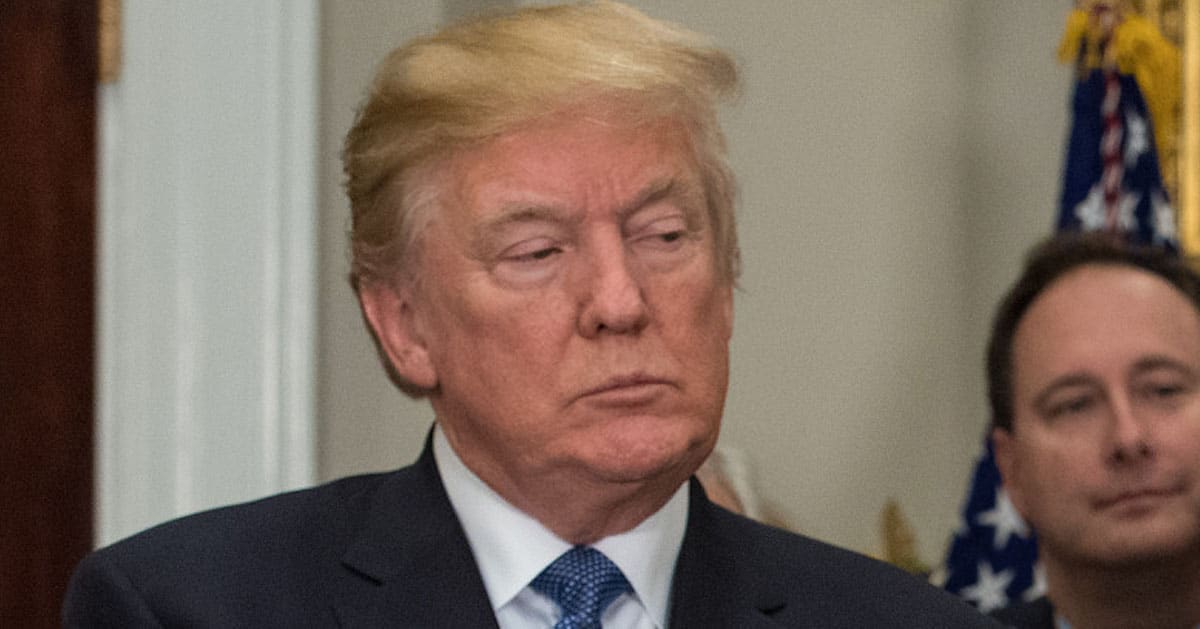



Iran’s defiance of U.S. nuclear talks signals a dangerous escalation in an already volatile Middle East. On Friday, Tehran slammed the door on negotiations, blaming relentless Israeli attacks for poisoning any chance of diplomacy.
The New York Post reported that Foreign Minister Abbas Araqchi’s blunt rejection underscores a regime digging in its heels, unmoved by President Trump’s ticking clock. Iran’s refusal follows a week of missile strikes on Tehran, starting June 13, 2025, with Israel intensifying its campaign to destabilize the regime.
Trump, on June 19, 2025, issued a two-week ultimatum to either negotiate or face potential U.S. military action. This high-stakes standoff, coupled with Iran’s retaliatory missile strike on Be’er Sheva, Israel, on June 20, 2025, paints a grim picture of spiraling tensions.
The week began with Iran’s Supreme Leader, Ayatollah Ali Khamenei, rallying the nation on state television on June 18, 2025.
His speech, steeped in defiance, set the tone for Iran’s hardline stance. Khamenei’s enterprise, as Gen. Jack Keane noted, is built to “absorb the attack, survive it, recover it, and then rebuild.”
Keane’s analysis on “Fox & Friends” cuts to the core: Iran’s leadership believes it can outlast any assault. This confidence, or hubris, drives Tehran’s refusal to engage, even as Trump’s special envoy, Steve Witkoff, was conspicuously absent from planned talks in Geneva. The Ayatollah’s calculus seems to dismiss the West’s resolve, betting on resilience over reason.
“Americans want to negotiate and have sent messages several times, but we clearly said that as long as this aggression doesn’t stop, there’s no place for talk of dialogue,” Araqchi declared on state television.
His words drip with indignation, but they dodge the reality: Iran’s missile strike on Israel fuels the very aggression it condemns. It’s a convenient excuse, masking Tehran’s reluctance to face the negotiating table.
Trump’s response was measured but firm, stating on June 19, 2025, that he would decide within two weeks whether to pursue talks or opt for military action. His deadline, a bold move, aims to force Iran’s hand but risks inflaming an already combustible situation.
The president’s approach reflects a no-nonsense stance, rejecting the endless posturing of past administrations. Israel, undeterred, ramped up its military campaign on June 20, 2025, targeting Iran’s regime with precision strikes.
The week-long barrage, which began on June 13, 2025, has left Tehran reeling, with images of destruction—like a car obliterated in Be’er Sheva—flashing across global screens. Israel’s strategy is clear: weaken Iran’s leadership before it can wield greater nuclear leverage.
Iran’s counterstrike on Be’er Sheva, however, shows it’s not backing down. The missile attack, a direct response to Israel’s aggression, escalates the tit-for-tat cycle that threatens to engulf the region. Tehran’s defiance, while bold, risks miscalculating the resolve of both Israel and a Trump-led America.
Araqchi, meanwhile, pivoted to Europe, meeting counterparts in Geneva on June 20, 2025, to discuss Iran’s nuclear program.
The absence of Trump’s envoy, Witkoff, from these talks signals Washington’s skepticism of European-led diplomacy. It’s a subtle jab at the Old World’s penchant for appeasement, a tactic conservatives have long criticized.
“That is where this guy is. And I don’t see him, in the near term, making the deal here whatsoever,” Keane said of Khamenei on “Fox & Friends.” His assessment rings true: Iran’s leadership thrives on resistance, not compromise. This intransigence, while rallying the base, edges the region closer to catastrophe.
Trump’s two-week deadline, as he stated, hinges on the “substantial chance of negotiations that may or may not take place.” His pragmatism contrasts with Iran’s posturing, offering a narrow window for diplomacy before escalation becomes inevitable.
The president’s clarity cuts through the fog of Tehran’s rhetoric, demanding action over excuses. Israel’s intensified strikes, ordered on June 20, 2025, aim to destabilize a regime that refuses to blink.
Yet, Iran’s missile attack on Be’er Sheva shows it’s willing to hit back, even as it cries foul over Israeli aggression. This double game—victim and aggressor—exposes Tehran’s strategic cynicism.
Araqchi’s Geneva talks with European leaders, held on June 20, 2025, are a sideshow to the real drama unfolding in the Middle East. Europe’s track record of soft-pedaling Iran’s ambitions offers little hope for a breakthrough. Conservatives rightly question whether these discussions are anything more than a diplomatic charade.



